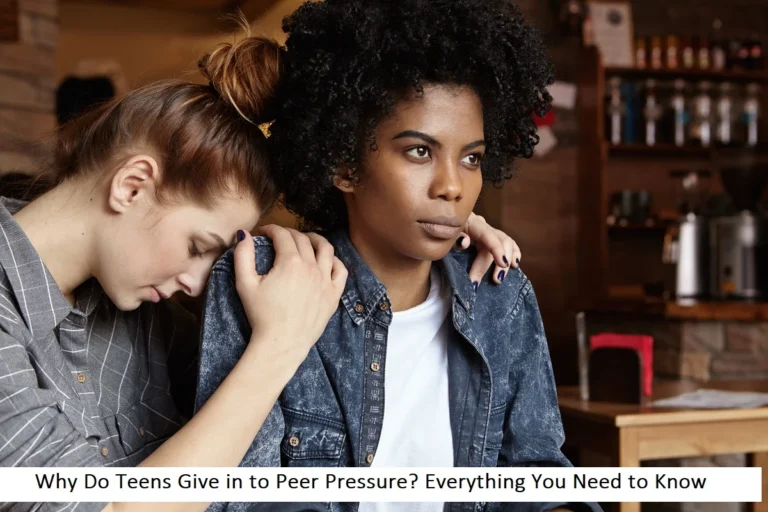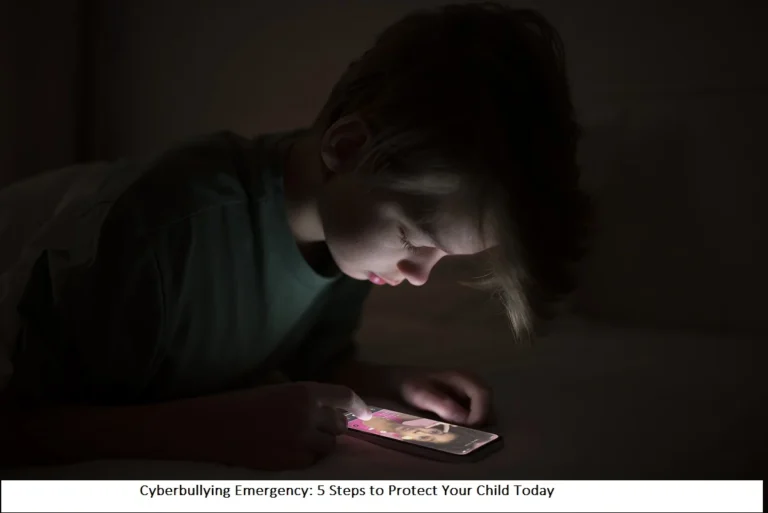
Navigating peer pressure and drugs use is one of the toughest parts of raising teenagers. It is not always as obvious as someone saying, “Try this.” Sometimes, the pressure is subtle like what they see on social media or what their friends are into. As a parent, understanding how these influences work is key. With the right approach and support, you can really help reduce the chances of your teen getting involved with drugs. In this article we will walk you through practical strategies to guide your child through these tricky teenage years.
What is Peer Pressure?
Peer pressure is when friends or others push your teen to do something, even if they don’t want to. It can be direct (like someone saying, “Try this!”) or indirect (like feeling left out if they don’t join).
Example of Direct Pressure:
- A friend says, “Take this pill—it’ll make you laugh!”
- A classmate dares them: “You’re too scared to drink this!”
Example of Indirect Pressure:
- Seeing social media posts where everyone is vaping.
- Feeling like they’ll lose friends if they don’t go to a party with drugs.
Why It Happens:
- Teens want to fit in. Their brains are still learning to make safe choices.
- They might think, “If I say no, will anyone like me?”
Why Teens Say “Yes” to Peer Pressure
- Fear of Being Alone: They worry friends will laugh or ignore them.
- Curiosity: They wonder, “What happens if I try it?”
- Copying Others: If a favorite singer talks about drugs, they might think it’s cool.
- Stress: School, family fights, or bullying can make drugs seem like an escape.
Example:
Your teen’s friend says, “Let’s skip school and smoke!” Your teen feels stuck: “If I say no, will they stop talking to me?”
Risks at Every Age
Ages 11-13 (Middle School):
- What’s Happening: First tries with vaping, alcohol, or sniffing glue.
- Why? They want to look “grown-up” or copy older kids.
- What Parents Can Do:
- Teach them to say: “No thanks I do not want to get in trouble.”
- Check their backpack for odd items (like small vape pens).
Ages 14-18 (High School):
- What’s Happening: Fake pills, drunk driving, or smoking weed.
- Why? Pressure from dates, teammates, or TikTok challenges.
- What Parents Can Do:
- Set rules: “Call me if you need a ride—no punishment!”
- Use apps like Bark to check for risky posts.
Ages 18-21 (Young Adults):
- What’s Happening: College parties with drinking games, coworkers offering drugs.
- Why? They think, “I am an adult I can handle it.”
- What Parents Can Do:
- Remind them: “Even adults make mistakes. Let’s talk.”
Signs Your Teen is Under Pressure
Watch For:
- Friends: New friends they hide from you. Old friends disappear.
- Behavior: Lying about where they go, hiding their phone, skipping school.
- Health: Red eyes, bad breath, tired all the time.
- Mood: Angry outbursts, crying often, or saying, “I hate myself.”
Did You Know?
Peer pressure isn’t just about drugs. Teens might eat junk food to fit in. Learn more here.
How to Help Your Teen Say “No”
1. Talk Often (Keep It Simple)
- Start young: Ask, “What would you do if a friend offered you a vape?”
- Use TV shows: “That character made a bad choice. What would YOU do?”
- Stay calm: If they admit to trying something, say, “Thank you for telling me. Let’s fix this.”
2. Practice Saying “No”
Role-play scenarios like:
- Friend: “Let’s skip class and smoke!”
- Teen: “No way—I don’t want to fail math!”
3. Make a Safety Plan
- Code word: Let them text “Apple” if they need help fast.
- Emergency cash: Give $20 for a ride home if they’re stuck.
4. Build Confidence
- Praise good choices: “You left that party—so brave!”
- Encourage hobbies: Sports, art, or clubs keep them busy.
5. Use Technology
- Apps: Use Life360 to see their location (tell them first!).
- Social media: Look at their apps together. Ask, “What’s this trend about?”
For more tips, visit this guide.
What If Your Teen Already Tried Drugs?
- Stay calm: Don’t yell. Say, “Let’s talk about what happened.”
- Ask questions: “Why did you try it? How did it feel?”
- Get help: Call a counselor or programs like SAMHSA (1-800-662-HELP).
- Set new rules: “You can’t see that friend until I meet their parents.”
How Schools Can Help
- Ask teachers: “Does the school teach kids about peer pressure?”
- Join clubs: Sports or art clubs give teens safe ways to make friends.
- Workshops: Look for local events about teen health.
Example: A teacher notices your teen seems sad and talks to them privately.
Easy Tips for Parents
- Eat together: Ask “What was the best part of your day?”
- Be a role model: Say “ I am stressed, so I will take a walk—not a drink.”
- Repeat yourself: Teens might sigh, but keep saying, “I’m here for you.”
Remember: Small actions matter! A 10-minute chat or a hug can make your teen feel safe.
Peer pressure can be good too! Friends might push your teen to study or join a club. Learn more here. Remember, prevention is always more effective than intervention. Building your child’s self esteem, decision making skills and resistance strategies early on will equip them with the tools they need to handle peer pressure situations confidently. With consistent support and guidance, your child can develop the resilience needed to resist peer pressure and drugs use while maintaining their well being and self confidence.


